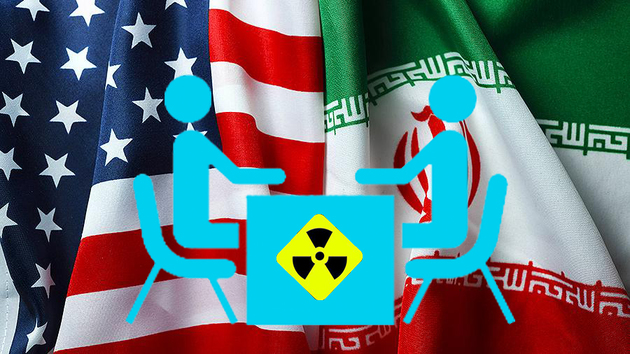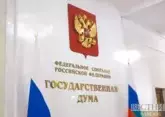Iran in recent weeks has stated on more than one occasion, that is willing to return to the negotiation table for talks pertaining to the JCPOA (Joint Comprehensive Plan of Action)/Iran Nuclear deal (the Vienna negotiations which began in April 2021 have been on hold since June 2021). The US has on more than one occasion expressed the view, that Iran needs to show greater urgency with regard to getting back to talks on the Iran Nuclear deal .
Modern Diplomacy reports that the US Secretary of State, Anthony Blinken while addressing the press, on October 13, 2021, before his meeting with Foreign Ministers of UAE and Israel: ‘We continue to believe that diplomacy is the most effective way to do that, but it takes two to engage in diplomacy, and we have not – we have not seen from Iran a willingness to do that at this point.’ In August 2021, US President Biden in a meeting with the Israeli PM, Naftali Bennett had said that Washington was willing to explore other options, if diplomacy with Iran did not work (this was in stark contrast to his stance vis-à-vis Iran in his initial days in office).
It would be important to point out, that Russia has been playing a key role in getting Iran back to the negotiating table, while also urging the US to remove some of the sanctions it has imposed on Iran. During the visit of Iranian Foreign Minister Hossein Amir-Abdollahian to Moscow earlier this month, a number of issues pertaining to the Iran-Russia relationship were discussed during the meeting between Abdollahian and Russian Foreign Minister Sergey Lavrov, the Iran Nuclear deal however was high on the agenda. Here it would be pertinent to point out, that Iran is seeking to sign a strategic agreement with Russia along the lines of what it had signed with China, and Russia would thus have significant leverage vis-à-vis Tehran. While commenting on the same, Iranian Foreign Ministry spokesperson, Saeed Khatibzadeh said: ‘The initial arrangements of this document, entitled the Global Agreement for Cooperation between Iran and Russia, have been concluded,’ Iran and Russia have also been working jointly in Syria to keep Syrian President Bashar Al Assad in power.
During Israeli PM Naftali Bennett’s recent visit to Moscow, on October 22, 2021 while a number of bilateral issues were discussed during his meeting with Russian President Vladimir Putin, the Iran issue was also discussed. While Putin is supposed to have put forward the Russian stance which favours a diplomatic solution for dealing with the issue of nuclear enrichment by Iran, while Israel expressed its concerns with regard to Iran’s nuclear program.
While Gulf Cooperation Council (GCC countries), such as Saudi Arabia and UAE, which were opposed to revival of the Iran Nuclear deal have toned down their opposition to the deal, since they themselves are working to improve ties with Iran, Israel has been fervent in its opposition to the revival of the deal, and the Biden Administration of late has also begun to adopt a more aggressive stance (not very different from that of the Trump Administration) and seems to be unwilling to make any significant concessions in order to revive JCPOA .
It remains to be seen, if Russia’s relationship with Israel can play any role in softening the latter’s opposition to the Iran Nuclear deal. Apart from this, Moscow whose ties with Iran have strengthened will also play an important role in getting Tehran back to the negotiating table on the Iran nuclear deal, and could also convince Iran to avoid a maximalist approach towards the Iran nuclear deal. In recent months, Moscow’s strategic importance has risen not on account of its proximity to Beijing, but because it’s stance on the situation in Afghanistan and Iran has been pragmatic, and Moscow has not kowtowed to Beijing in spite of the fact that its ties with Washington ties are far from cordial. Moscow is also one of the few countries which has been able to maintain good ties with both Israel and Iran.
It remains to be seen, if Russia’s intervention on key global issues especially the Iran Nuclear deal can achieve any tangible results. A lot will also depend upon whether the Biden Administration, which has drawn flak for its handling of Afghanistan, is willing to think out of the box and exhibit risk appetite. It is also important that Washington-Moscow ties remain manageable if not perfect, and that both countries realize the importance of working closely on important global issues.










